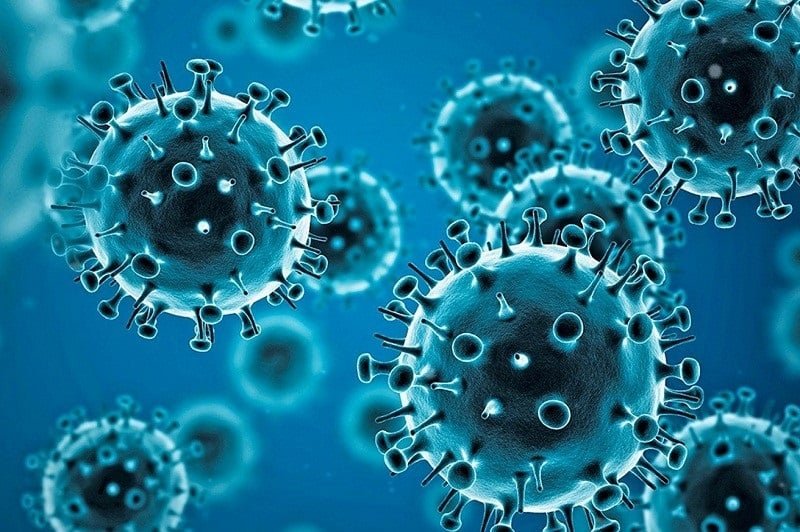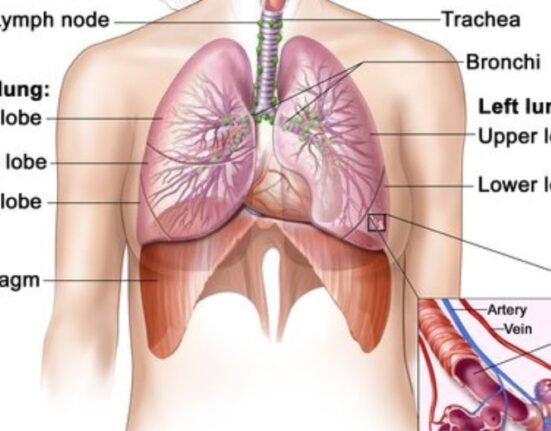HQ Team
April 5, 2025: A recent study reveals that COVID-19 patients face increased risks of other infections for at least a year post-infection, even after suffering from mild to moderate symptoms.
The study, published in The Lancet Infectious Diseases, based on data from the U.S. Department of Veterans Affairs (VA) healthcare databases and compared outcomes among 231,899 people with a positive COVID-19 test and 605,014 with a negative test from November 1, 2021, to December 31, 2023.
The study found that non-hospitalized COVID-19 patients had significantly increased rates of outpatient diagnoses for bacterial, fungal, and viral infections, with a risk ratio (RR) of 1.17, translating to a 17% increased risk. For outpatient respiratory infections, the RR was 1.46, indicating a 46% higher risk, and for hospital admissions due to infectious illnesses, the RR was 1.41, reflecting a 41% increased risk.
Hospitalized COVID-19 patients showed even higher vulnerabilities, with positive results in 71% of the examined laboratory tests compared to the COVID-negative cohort. This heightened susceptibility was also observed when comparing COVID-19 patients to those hospitalized for influenza, with COVID-19 patients experiencing higher rates of hospital admissions for infectious illnesses (RR, 1.24), sepsis (RR, 1.35), and in-hospital antimicrobial use (RR, 1.23).
According to Gabriel Chodick, PhD, MHA, from Tel Aviv University, these findings suggest that COVID-19 alters the immune system, making patients more susceptible to future illnesses, even in cases of moderate infection. “The evidence suggests effects extending beyond the acute phase of infection, affecting even mild cases,” Chodick noted.
Mechanism of immune alteration
COVID-19 causes the turnover and aging of immune cells, such as T cells, which are crucial for responding to pathogens. This aging process reduces their numbers and makes them less effective against future infections.
SARS-CoV-2 can induce apoptosis (programmed cell death) of certain T cells, further weakening the immune system. COVID-19 also triggers a cytokine storm leading to hyperinflammation and compromising the immune system’s ability to fight other infections
Studies indicate that COVID-19 can lead to long-term changes in the immune system, including reduced levels of protective antibodies and altered growth factor patterns, making it less responsive to new challenges.
There are related studies on the virus’s potential long-term effects on immune response alterations and the prevalence of non-SARS-CoV-2 respiratory pathogens during the pandemic.
This study aligns with other research indicating that COVID-19 can cause long-term changes in the immune system, potentially leading to persistent symptoms and increased vulnerability to pathogens. The implications of these findings are crucial for understanding the long-term impact of COVID-19 on immune function and susceptibility to infections.








